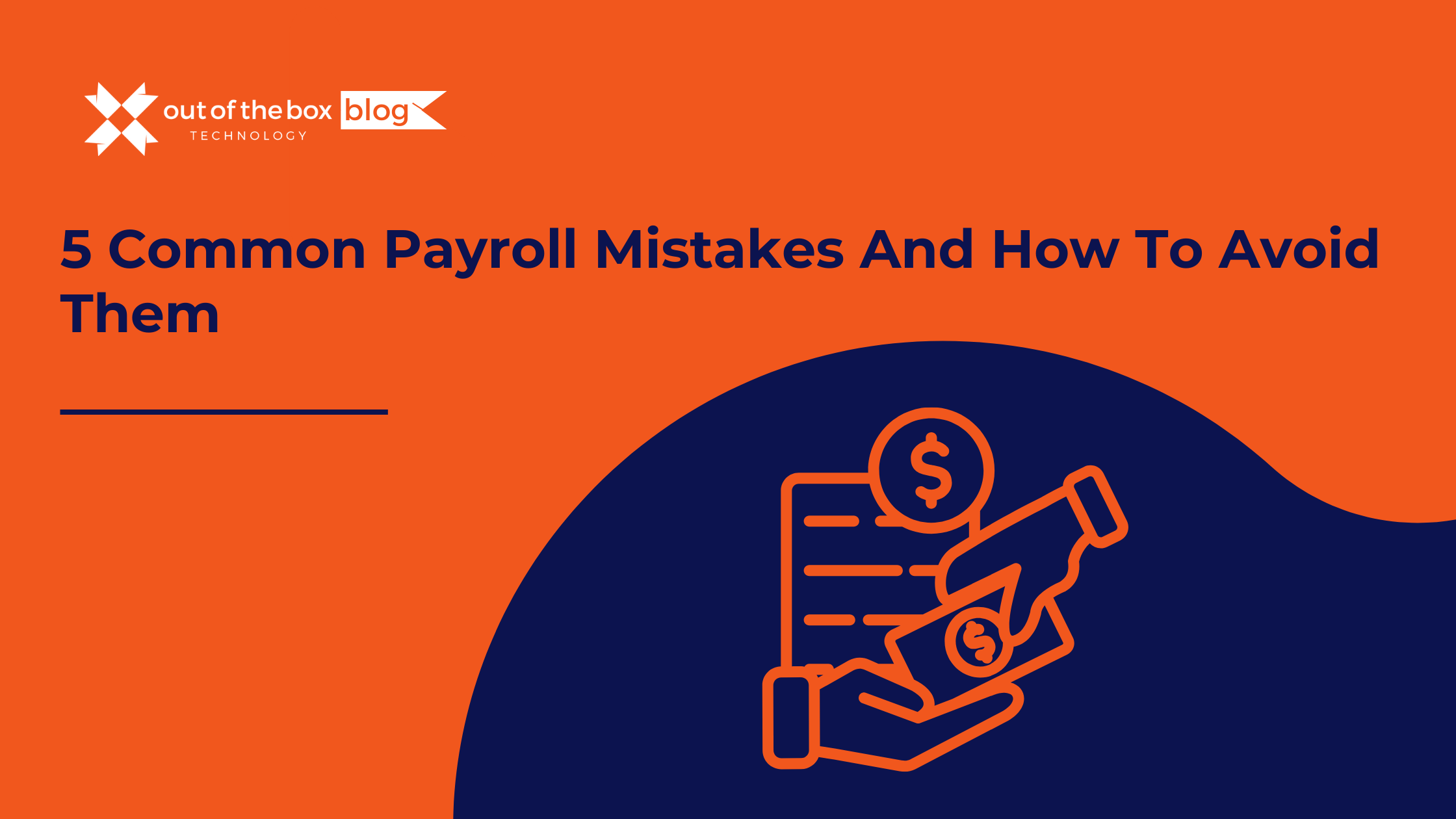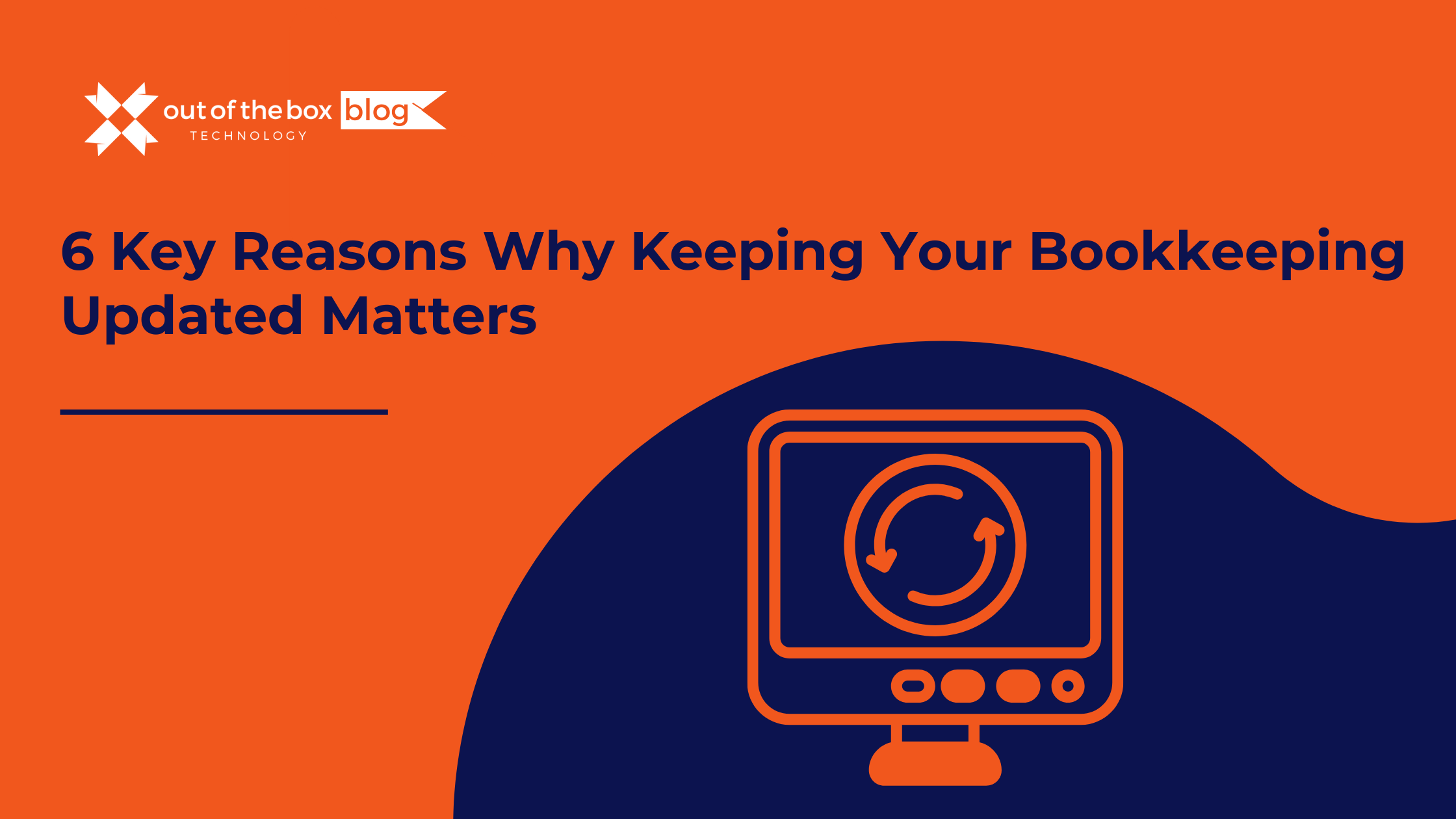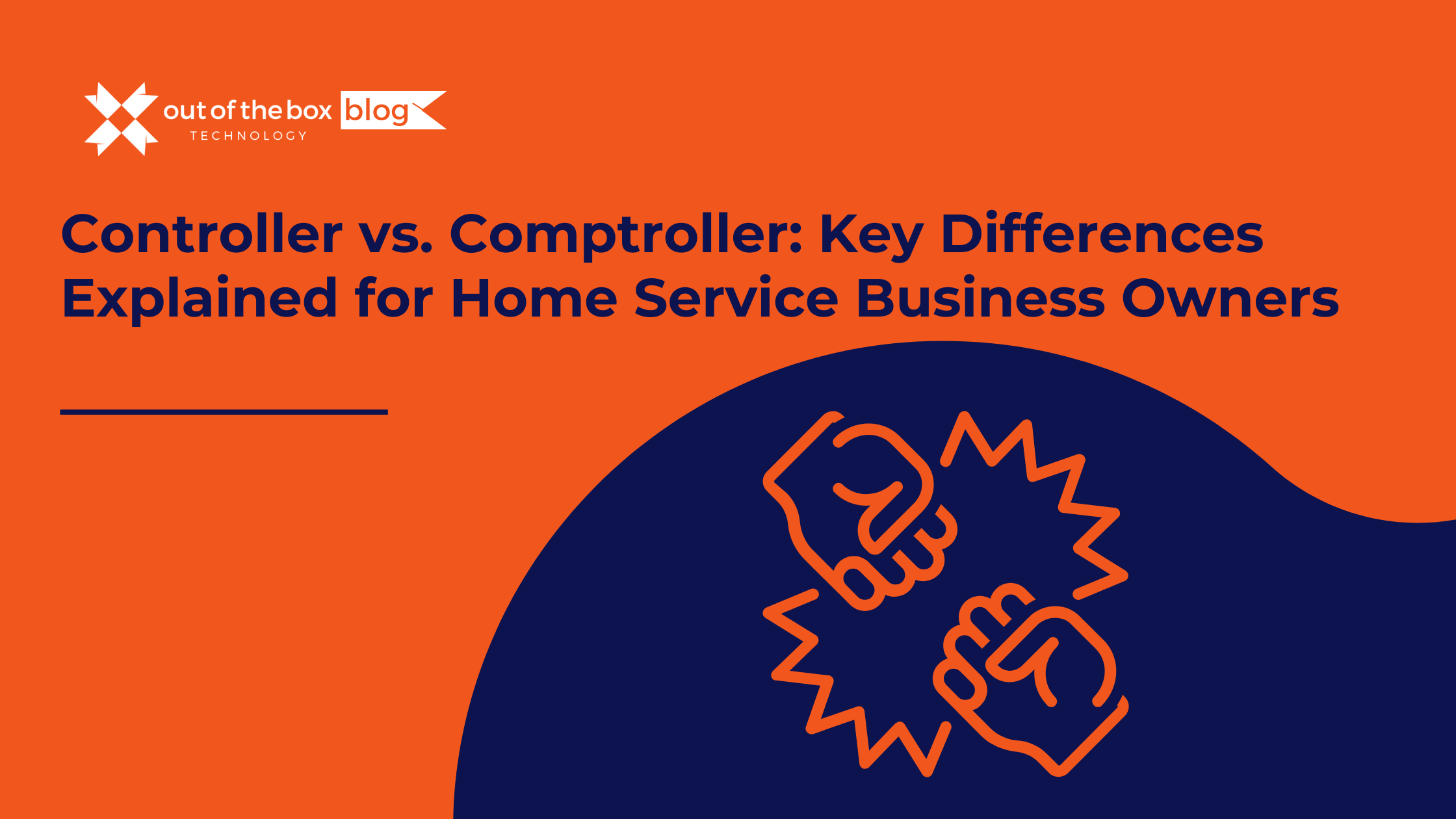5 simple steps to prevent payment delays
Running a small business comes with its fair share of challenges, and one of the most common is the dreaded payment delay. Late payments can have a cascading impact on a business cash flow, leading to further complications such as inability to cover operational costs, pay suppliers, or even meet payroll requirements.
The good news? With a bit of proactive planning and a few strategic adjustments, small businesses can significantly reduce, if not eliminate, payment delays. Hers a step-by-step guide on how to do it:
1. In-depth Client Vetting
Before diving deep into a business relationship, is essential to know who yore dealing with. A crucial step in preventing payment delays is ensuring that you’re partnering with reliable clients in the first place.
What to do:
- Credit Checks: If possible, conduct credit checks on potential clients, especially for larger contracts. This will provide insights into their financial stability and payment history.
- Ask for References: Don’t shy away from asking for trade references. Reach out to the references provided and inquire about the cliens payment habits and overall business conduct.
- Set Clear Terms from the Start: Make sure that before commencing work, both parties understand and agree upon payment terms, project scope, and deliverables.
2. Clear and Concise Invoicing
An unclear or inaccurate invoice can be a significant cause of payment delays. Ensuring that your invoices are clear, concise, and free from errors is an essential step in streamlining the payment process.
What to do:
- Itemize Services: Clearly list each service or product with its associated cost. Avoid jargon or abbreviations that might confuse the client.
- Include Payment Terms: Specify the payment due date and any late fees associated with delayed payments.
- Offer Multiple Payment Methods: The easier you make it for clients to pay, the faster you’re likely to get your money. Consider offering various payment options like credit card, bank transfer, online payment gateways, or even mobile payment solutions.
3. Stay Proactive with Communication
One of the most overlooked aspects of preventing payment delays is effective communication. Regularly communicating with clients ensures that any potential issues are addressed before they escalate.
What to do:
- Payment Reminders: A few days before the invoice is due, send a friendly reminder. This can be an email or even a phone call.
- Open Lines of Communication: Encourage clients to reach out if they have any questions or concerns about the invoice. This proactive approach can often prevent misunderstandings that lead to delayed payments.
- Feedback Loop: After a payment is made, seek feedback from clients. Was the process easy for them? Was there anything that caused a delay on their end? This feedback can offer valuable insights for future transactions.
4. Offer Incentives for Timely Payments
A little positive reinforcement can go a long way. Consider offering incentives for clients who consistently pay on time.
What to do:
- Early Payment Discounts: Offer a small discount for clients who pay their invoices ahead of the due date.
- Loyalty Programs: For clients with whom you have regular transactions, consider implementing a loyalty program where timely payments accumulate points that can be redeemed in the future.
- Highlight the Benefits: Ensure that clients are aware of these incentives by prominently displaying them on invoices and any other related communication.
5. Implement a Strict Follow-up Process
Despite best efforts, some payments might still get delayed. In such cases, having a robust follow-up process is essential.
What to do:
- Set a Schedule: If a payment is overdue, set a strict schedule for follow-ups. Start with a gentle reminder the day after the due date, and increase the urgency if the delay continues.
- Keep Records: Document all communication related to the payment. This will be beneficial if thers a need for legal recourse.
- Consider a Collection Agency: If a client has been unresponsive for an extended period and owes a significant amount, it might be time to involve a collection agency. However, this should be a last resort, as it can strain the business relationship.
Conclusion
In conclusion, while payment delays are an unfortunate reality for many small businesses, they’re not an insurmountable challenge. By implementing the steps outlined above, businesses can proactively address the root causes of these delays, ensuring smoother cash flow and fostering positive client relationships. Remember, the key lies in a combination of proactive measures, clear communication, and maintaining a strong client-business relationship built on trust and mutual respect.
Build a better bookkeeping system for your business today by connecting with us now.




